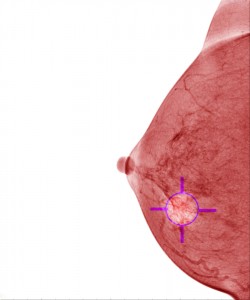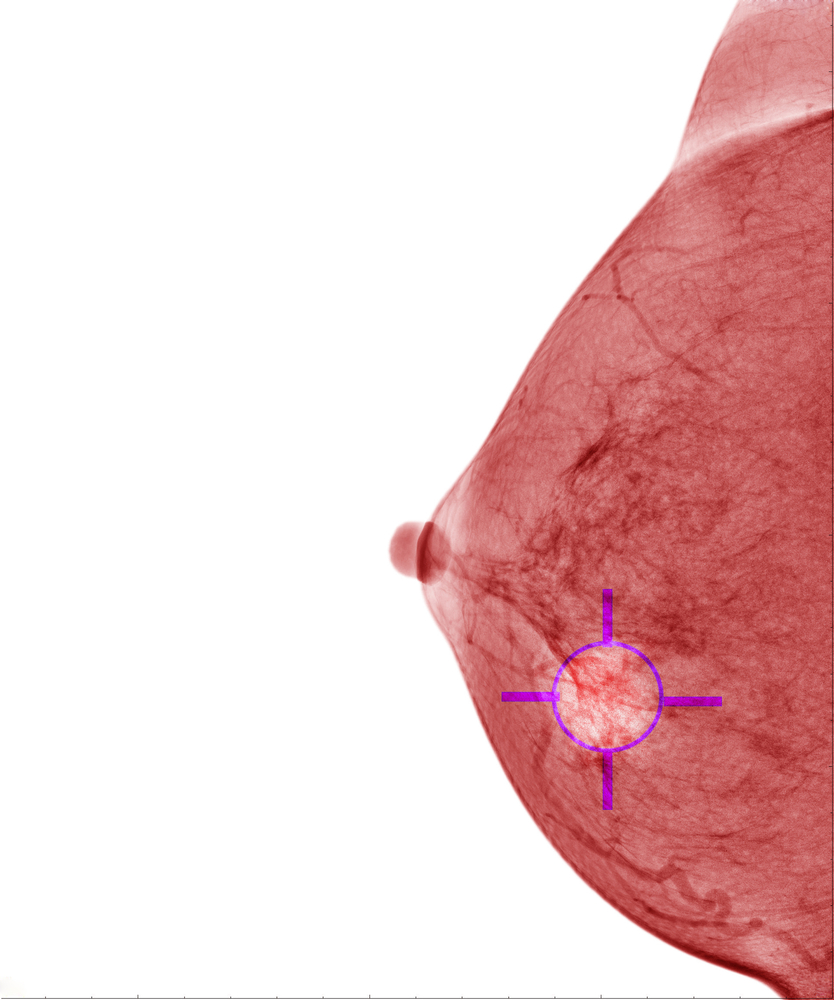 In a new study entitled “Antiproliferation Activity of a Small Molecule Repressor of Liver Receptor Homolog 1” researchers discovered a new synthetic compound that inhibits the protein LRH-1, a key mediator of breast and pancreatic cancer progression. The study was published in the journal Molecular Pharmacology.
In a new study entitled “Antiproliferation Activity of a Small Molecule Repressor of Liver Receptor Homolog 1” researchers discovered a new synthetic compound that inhibits the protein LRH-1, a key mediator of breast and pancreatic cancer progression. The study was published in the journal Molecular Pharmacology.
Liver receptor homolog-1 (LRH-1) is a key protein required for the correct functioning of both intestine and pancreas. It is highly expressed in tissues originating from the endodermis, such as the lungs and intestines, and besides its key role in tissue normal physiology, LRH-1 also regulates pathways involved in cancer development.
In breast cancer cell lines, LRH-1 rendered cancer cells more motile and invasive, in both cancer cells positive and negative for estrogen-receptor (ER). Thus, targeting LRH-1 has become a strategy for anti-cancer therapeutics in certain cancers.
In this study, a team of researchers at The Scripps Research Institute, Florida, report the discovery and characterization of a new synthetic compound, SR1848, that works as a repressor of LRH-1 activity. The authors showed that SR1848 inhibits LRH-1 activation resulting in an impaired expression of LRH-1 target genes, notably, the expression of cyclin-D1 and cyclin-E1, both regulators of cell cycle progression.
A reduction in LRH-1 expression was observed after only four hours of treatment with SR1848, demonstrating this compound inhibits cell proliferation in LRH-1 driven cancers. The authors translated their in vitro findings to in vivo models, and showed that SR1848 is both safe and highly efficient in mice, again leading to the inhibition of LRH-1 target genes. Specifically, the team of researchers showed that SR1848 inhibits LRH-1 activation by promoting LRH-1 translocation to the cytoplasm, keeping it away from the nucleus, and thereby preventing its ability to induce expression of target genes. Additionally, SR1848 has no impact on healthy cells that do not express LHR-1, therefore, diminishing the possibility of deleterious side effects.
The team suggests their results reveal the potential for SR1848 as an anti-cancer therapy in LHR-1 promoted cancers.
[adrotate group=”3″]
Patrick Griffin, chair of the TSRI Department of Molecular Therapeutics and director of the Translational Research Institute at Scripps Florida commented in a news release, “Our study shows that SR1848 removes LRH1 from DNA, shutting down expression of LRH-1 target genes, and halts cell proliferation. It’s a compound that appears to be a promising chemical scaffold for fighting tumors that are non-responsive to standard therapies.”
Alex Corzo, study’s first author noted “LRH-1 has been implicated in the proliferation and metastasis of estrogen receptor-positive breast cancers and the more difficult to treat estrogen receptor-negative breast cancers. This suggests that repressing LRH-1 could be useful in treating the more aggressive triple-negative breast cancer subtype where therapies are currently so limited.”

